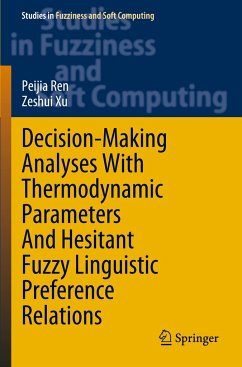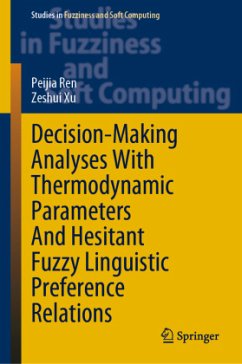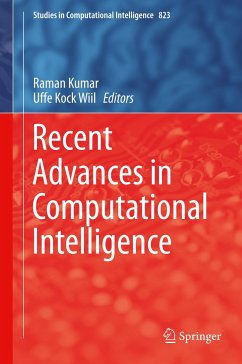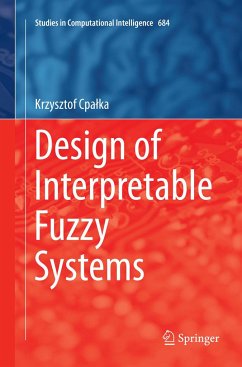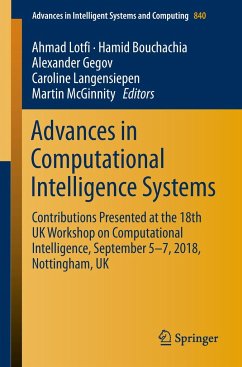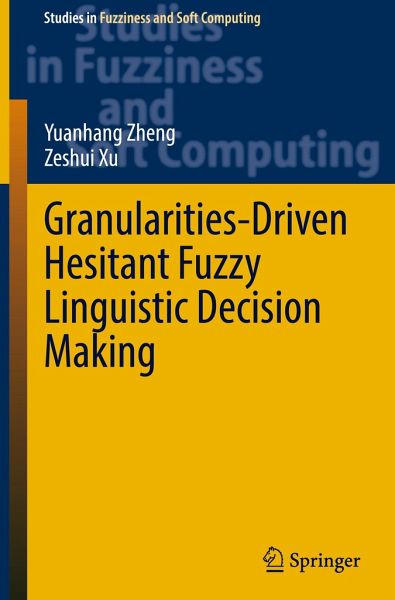
Granularities-Driven Hesitant Fuzzy Linguistic Decision Making
Versandkostenfrei!
Versandfertig in 6-10 Tagen
136,99 €
inkl. MwSt.
Weitere Ausgaben:

PAYBACK Punkte
68 °P sammeln!
This book introduces a state-of-the-art extension of fuzzy sets that is hesitant fuzzy linguistic term sets with granularity levels, and based on the fuzzy technique, several granularities-driven hesitant fuzzy linguistic decision-making methods are introduced to provide powerful tools to solve actual problems. Motivated from the idea of granular computing, the technique of hesitant fuzzy linguistic term sets with granularity levels is constructed, which not only brings flexibility and individuality for the linguistic model, but also provides a possibility to process a large amount of linguist...
This book introduces a state-of-the-art extension of fuzzy sets that is hesitant fuzzy linguistic term sets with granularity levels, and based on the fuzzy technique, several granularities-driven hesitant fuzzy linguistic decision-making methods are introduced to provide powerful tools to solve actual problems. Motivated from the idea of granular computing, the technique of hesitant fuzzy linguistic term sets with granularity levels is constructed, which not only brings flexibility and individuality for the linguistic model, but also provides a possibility to process a large amount of linguistic information in group decision-making efficiently and accurately. Thus, the researches on granularities-driven hesitant fuzzy linguistic decision making, can provide an effective way to solve practical decision-making problems based on complex linguistic information, and enrich the research system of decision-making and granular computing in theory and practice.
In specific, this book introduces the construction of hesitant fuzzy linguistic term sets with granularity levels, and methods of handling attribute dependence, attribute reduction, single-objective group decision-making, and bi-objective group decision-making. The above decision-making methods are applied to the evaluation of medical and health management, and the effectiveness and advantages of the methods are verified by simulation comparison and analysis. Therefore, this book has not only important theoretical significance, but also broad application prospects.
In specific, this book introduces the construction of hesitant fuzzy linguistic term sets with granularity levels, and methods of handling attribute dependence, attribute reduction, single-objective group decision-making, and bi-objective group decision-making. The above decision-making methods are applied to the evaluation of medical and health management, and the effectiveness and advantages of the methods are verified by simulation comparison and analysis. Therefore, this book has not only important theoretical significance, but also broad application prospects.




